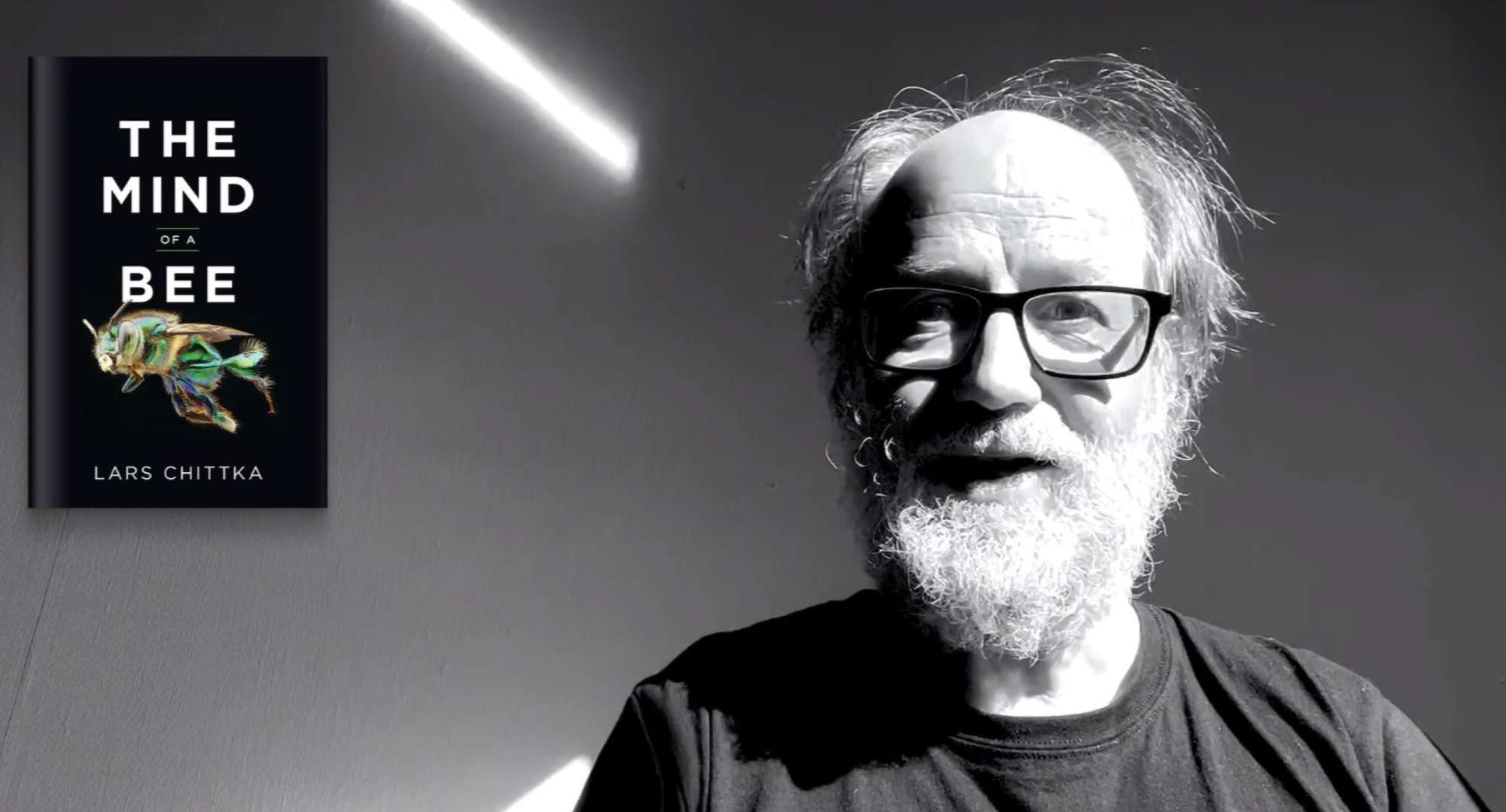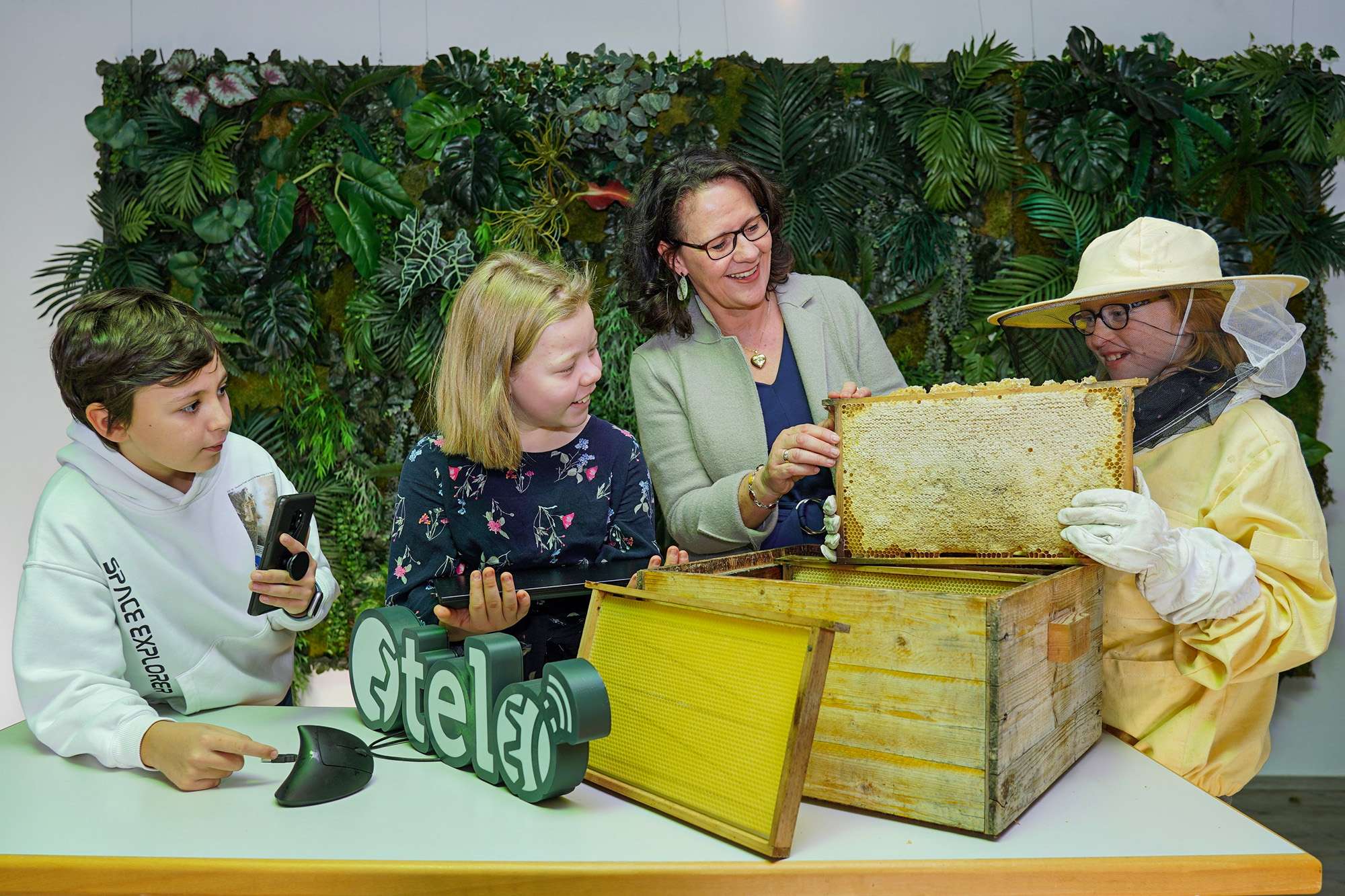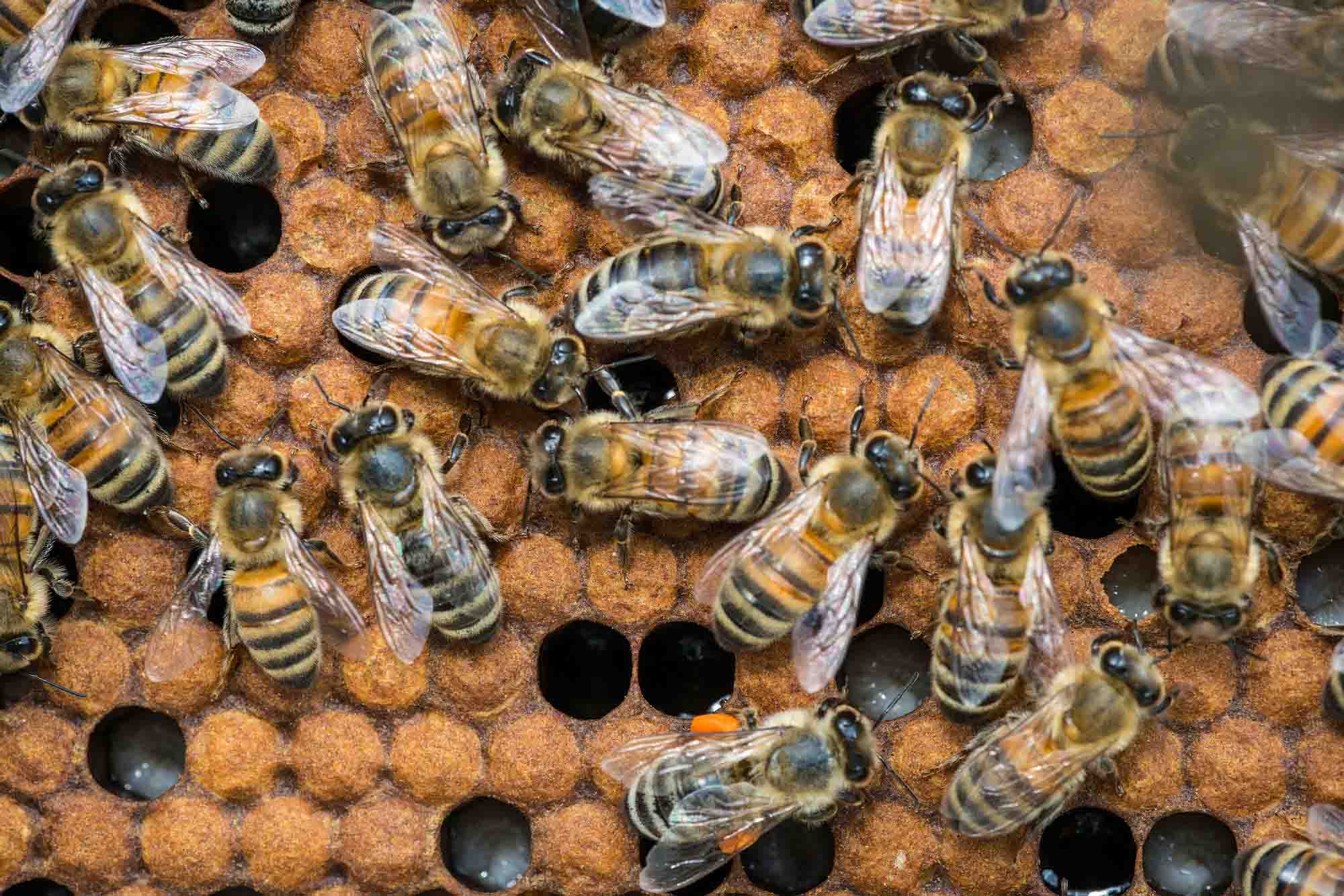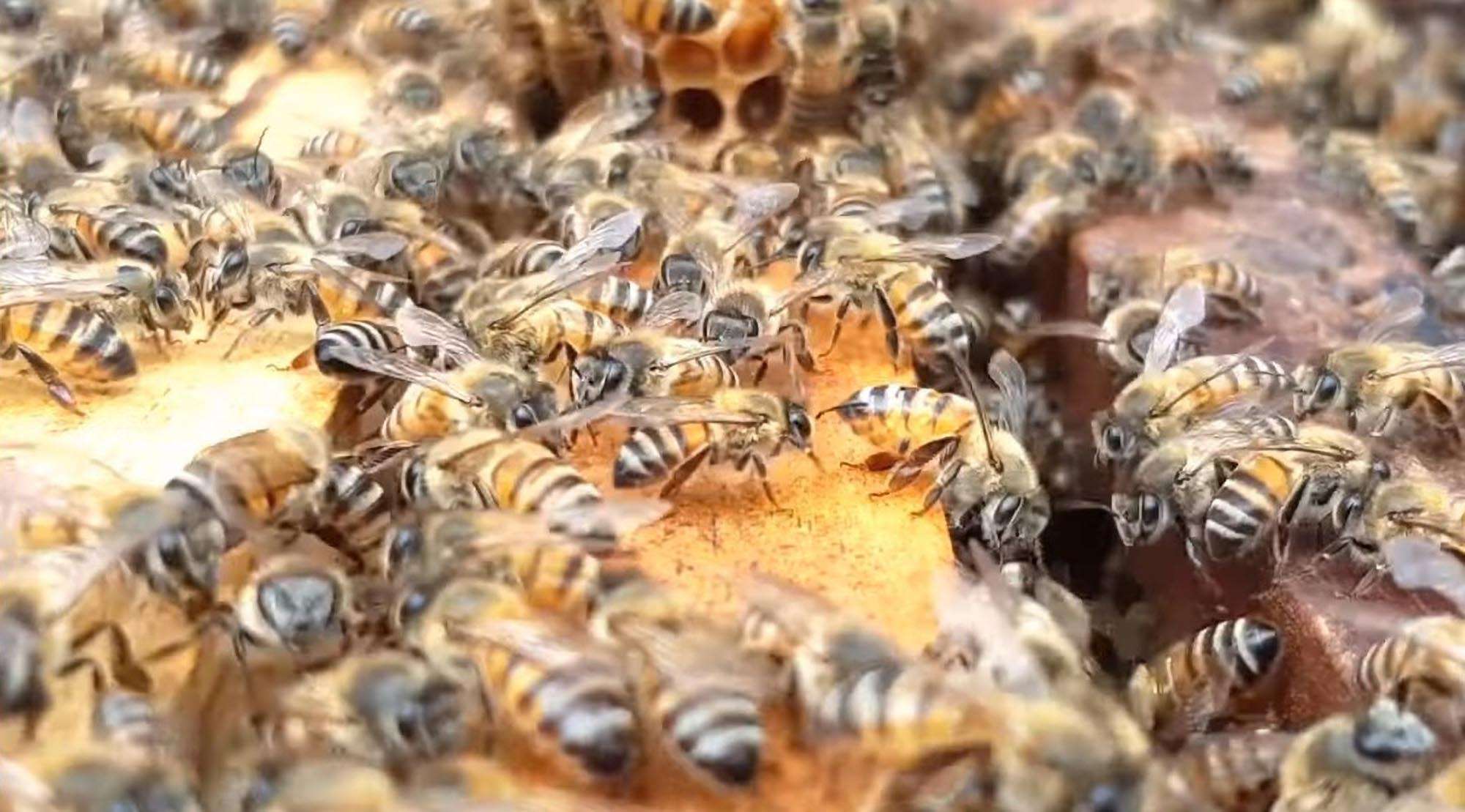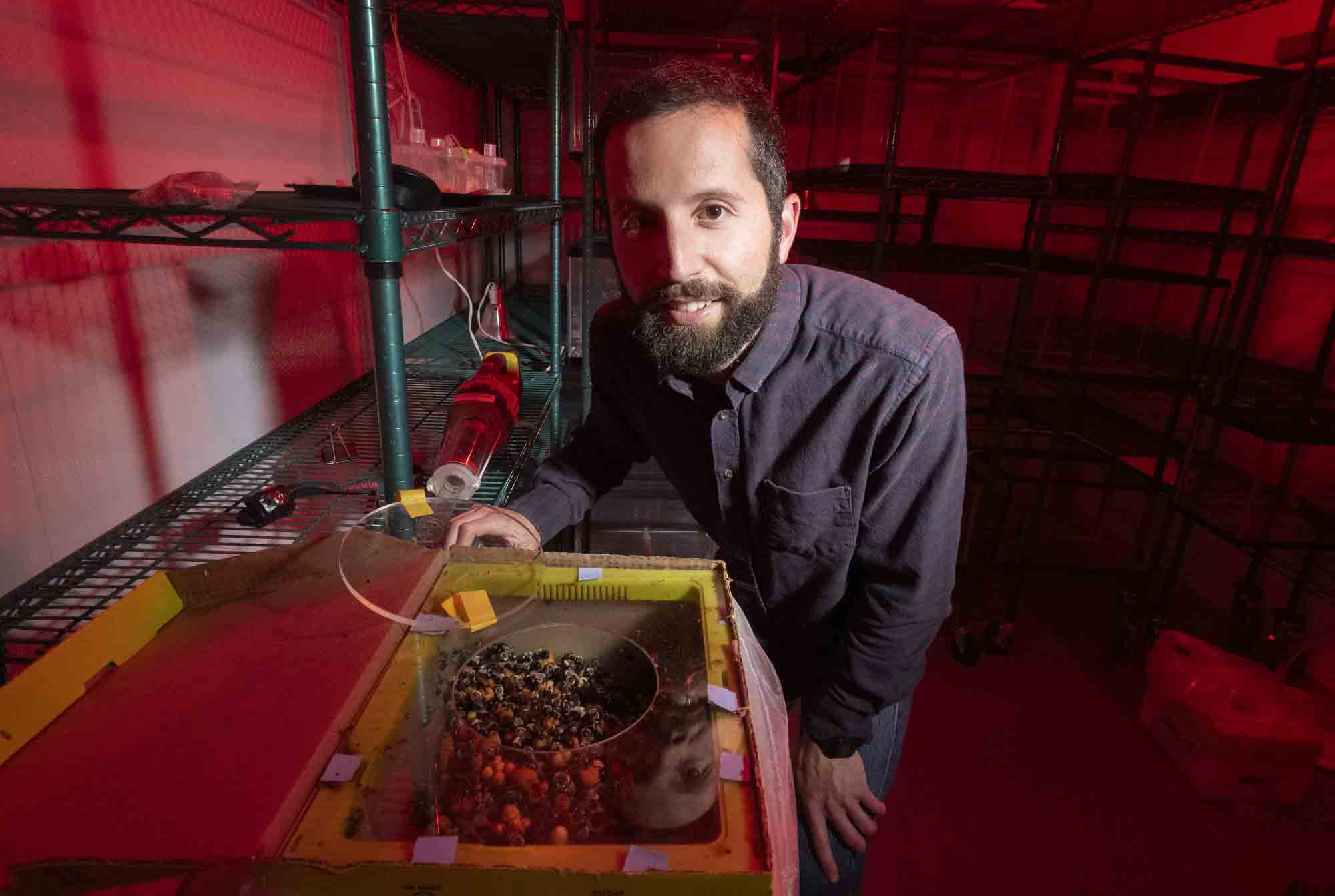A renowned German researcher’s new book revealing bees feel emotions has been praised as a “delight.”
In “The Mind of a Bee”, Prof Lars Chittka draws from decades of research to determine that the insects have astonishing cognitive capabilities.
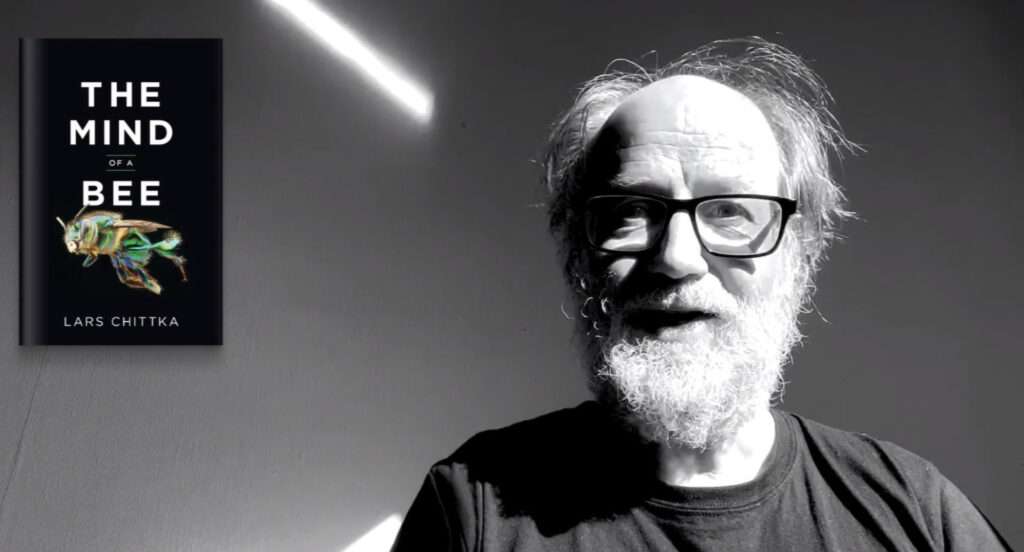
In her book review for the news platform The Conversation, ecologist Dr Eliza Middleton congratulates the German zoologist on “providing a historical perspective on the research that much behavioural work is built on today.”
Prof Chittka, 59, lectured at numerous higher education institutions around the world such as Stony Brook University, New York, USA, and the Julius Maximilian University of Wuerzburg, Germany, before becoming a professor in sensory and behavioural ecology at Queen Mary University in London, United Kingdom, in 2005.
Dr Middleton says Prof Chittka has done a brilliant job of getting the reader to “imagine the life of the bee. Upon exiting the hive for the first time, you must learn its location through a series of flights. (…). Failure to recognise your hive and return home equals death.”
She continues: “While Chittka’s beautifully collated and captivating ‘story’ does not present research results that are necessarily new, to read them presented together like this, I find myself tantalised by questions I had not thought to ponder. For example, how do bees decide who stays and who leaves when a swarm is formed?”
Prof Chittka’s latest publication – which is out now by Princeton University Press – provides, according to Prof Middleton, “insights into the cognitive skills of bees. We learn that bees can count. They can learn rules and categorise flowers.”
The University of Sydney lab manager adds: “In The Mind of a Bee, you will read that bees feel emotions and pain (…) and show individual differences in their ability to learn, with fast and slow learners. Bees are aware of their bodies and the outcomes of their actions.”
She concludes: “We have underestimated the intelligence of bees and other ‘lower’ species for far too long. It is time to pay attention. (…) Written with moments of levity and soaked in curiosity, The Mind of a Bee is a delight.”
In a video posted by his publisher, Prof Chittka says: “You don’t need spaceships or psychoactive drugs for this journey into an alien world. In ‘The Mind of a Bee’, I invite you to come into the cockpit of an insect and view the world through its strange sensors. You will discover (…) surprising levels of intelligence.”

